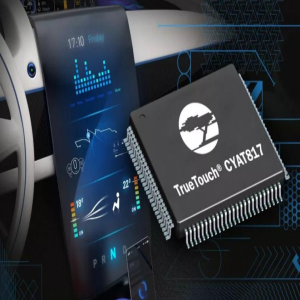
With the rapid development of modern automotive technology, the complexity and importance of electronic systems are increasing. Automotive electronics are not only a key factor in improving vehicle performance, but also the basis for ensuring driving safety and improving user experience. In this process, the analog chip as one of the core components, its key role can not be underestimated. Although they are often tacitly referred to as the "invisible force," the intangible power behind analog chips plays a pivotal role in advancing the transformation of automotive technology into intelligent, connected and electric.
The composition and development of automotive electronic system
Automotive electronic systems range from engine control units (ECUs) and body control modules to infotainment systems and advanced driver assistance systems (ADAS). These systems interact with each other to support vehicle safety, comfort and intelligence. According to statistics, about 30% to 40% of the cost of modern cars comes from electronic systems, and this proportion is expected to continue to rise.
With the rise of electric vehicles and the continuous maturity of autonomous driving technology, the complexity of automotive electronic systems is increasing, and the demand for various semiconductor devices, especially analog chips, is also increasing. The analog chip is not only responsible for encoding information, but also for signal conversion, processing and output. They play a vital role in accurate current and voltage control, as well as complex signal processing.
Basic function and application of analog chip
The basic functions of the analog chip include signal amplification, filtering, modulation and demodulation, conversion, etc. They generate signals about physical quantities (such as temperature, pressure, acceleration, etc.) in the connection with the sensor, converting these analog signals into digital signals for subsequent data processing and analysis. In the vehicle electronic system, the role of the analog chip is mainly reflected in the following aspects:
1. Sensor ports
In modern cars, there are many kinds of sensors, including temperature sensors, pressure sensors, acceleration sensors and so on. Analog chips play a crucial role in these sensor interfaces. They amplify the weak analog signal generated by the EPM240GT100C5 sensor, and improve the signal quality through filtering and other processing, so that the system can accurately read environmental changes. This process has an important impact on ensuring the dynamic performance, driving safety and riding comfort of the vehicle.
2. Power management
With the complexity of automotive electronic systems, power management is particularly important. The analog chip ensures the voltage stability and current compliance through the functions of voltage regulation, current limiting and power monitoring in power management. This management not only ensures the normal operation of each electronic module of the vehicle, but also greatly extends the service life of the battery and improves the efficiency of energy use.
3. Audio and infotainment systems
With the increasing number of electric and intelligent vehicles, infotainment systems are becoming more and more important today. The application of analog chip in audio signal processing is crucial. They are responsible for the conversion, amplification and output of audio signals to ensure clarity and stability of sound quality. In addition, the analog chip has also established its important role in Bluetooth communication and vehicle information display.
4. Dynamic control system
Dynamic control systems for vehicles, especially in the areas of active safety and assisted driving, require fast and accurate real-time data feedback. The analog chip is responsible for collecting physical parameters such as wheel speed, brake pressure and steering Angle, and calculating and processing them quickly. This feedback information is crucial for vehicle stability control, slip control (ABS), traction control (TCS), etc., to ensure the safety and stability of the vehicle under various road conditions.
The combination of analog chip and automotive intelligence
With the continuous penetration of artificial intelligence and big data technology, the trend of intelligent and automated vehicles is becoming increasingly obvious. In this context, analog chips are playing an increasingly complex role in automotive electronic systems. They are not only the carrier of information flow, but also the essential "think tank" in the modern automobile intelligent system.
High-speed processing and accurate transmission of sensor data are crucial in the complex calculations and decisions that enable autonomous driving. The high performance processing power of the analog chip enables it to process data in real time from a variety of sensors, such as radar, laser scanners, and cameras. The process of data fusion and analysis relies on high-quality and stable input of analog signals. In the future, as autonomous driving technology continues to mature, analog chips incorporating more complex algorithms will work more closely with digital chips to achieve a higher level of intelligent decision-making.
Industry challenges and innovation directions
Although the importance of analog chips in automotive electronics is clear, they still need to innovate continuously when it comes to meeting the technological challenges of the future. First, with the increasing diversification and high performance of automotive functions, the market demand for integration, high performance and low power consumption of analog chips is increasing. How to achieve higher functional integration and excellent performance in a limited space will be the main direction of future research and development.
Secondly, with the rapid development of electric vehicle technology and intelligent systems, the requirements of analog chips in current and voltage monitoring are increasingly stringent, which puts higher requirements on the accuracy and stability of products. Therefore, improving the manufacturing process, reducing thermal noise and enhancing anti-interference ability will be an important issue in the development of analog chips.
The Products You May Be Interested In
 |
915 | SWITCH PB 16MM BLU LED | 116 More on Order |
 |
3431 | SWITCH PUSH SPST-NO YEL 10MA 5V | 432 More on Order |
 |
397 | TTL SERIAL JPEG CAMERA NTSC VID | 366 More on Order |
 |
1293 | SENSOR HUMID/TEMP 5V I2C 2% MOD | 430 More on Order |
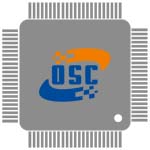 |
4099 | SHT-30 MESH-PROTECTED WEATHER-PR | 400 More on Order |
 |
1298 | SOIL TEMPERATURE/MOISTURE SENSOR | 490 More on Order |
 |
3239 | 802.3AF POE OUTPUT DATA & POWER | 249 More on Order |
 |
1995 | 5V 2.4A SWITCHING POWER SUPPLY W | 454 More on Order |
 |
953 | WIRE EL FLOW EFFECT INV PINK 2M | 259 More on Order |
 |
2573 | DOTSTAR DIGITAL LED STRIP - BLAC | 393 More on Order |
 |
2871 | ADDRESS LED MATRIX SERIAL RGBW | 454 More on Order |
 |
2970 | ADDRESS LED STRIP SERIAL RGB 1M | 320 More on Order |
 |
2969 | ADDRESS LED STRIP SERIAL RGB 1M | 458 More on Order |
 |
3484 | ADDRESS LED DISCRETE SERIAL RGB | 1624 More on Order |
 |
3917 | CONVEX PLASTIC LENS WITH EDGE - | 499 More on Order |
 |
1743 | 3.2"" TFT LCD WITH TOUCHSCREEN BR | 356 More on Order |
 |
618 | 1.8 SPI TFT DISPLAY 160X128 | 405 More on Order |
 |
2396 | 7"" TFT DISPLAY 1024 X 600 | 454 More on Order |
 |
2260 | DISPLAY HDMI 5"" 800X480 TOUCH | 842 More on Order |
 |
1451 | LED RGB DIFF 5MM ROUND T/H 1=10 | 575 More on Order |
 |
1484 | 32X32 RGB LED MATRIX PANEL 6MM P | 297 More on Order |
 |
2276 | 64X32 RGB LED MATRIX - 6MM PITCH | 419 More on Order |
 |
1056 | LASER DIODE 650NM 5MW 10MM DIA | 437 More on Order |
 |
1908 | DUAL ALPHANUMERIC DISPLAY - BLUE | 276 More on Order |

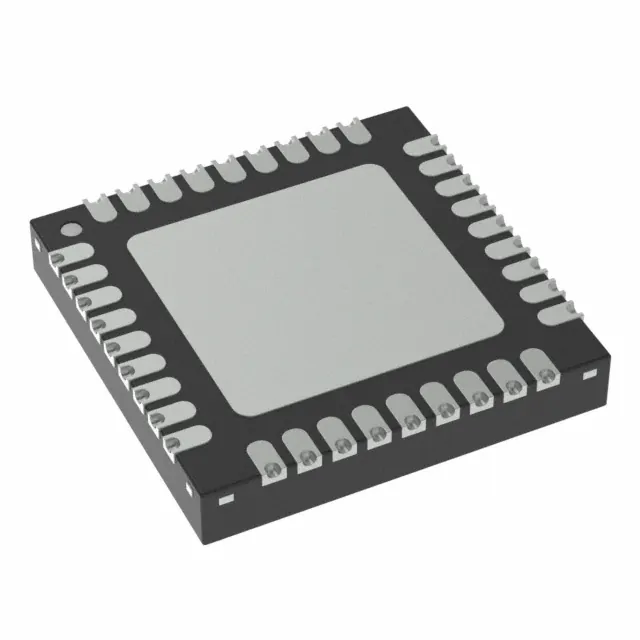 Semiconductors
Semiconductors









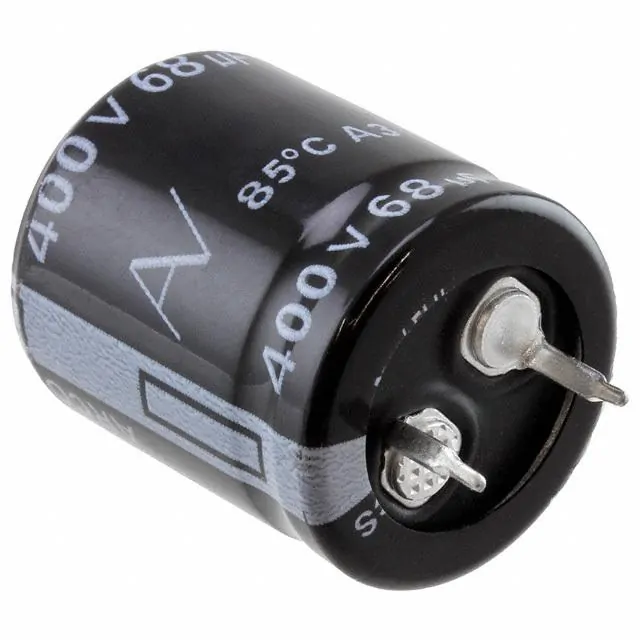 Passive Components
Passive Components









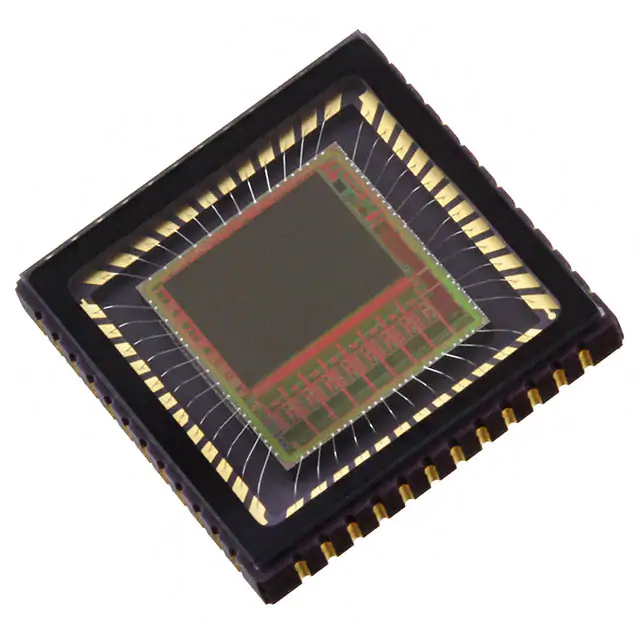 Sensors
Sensors








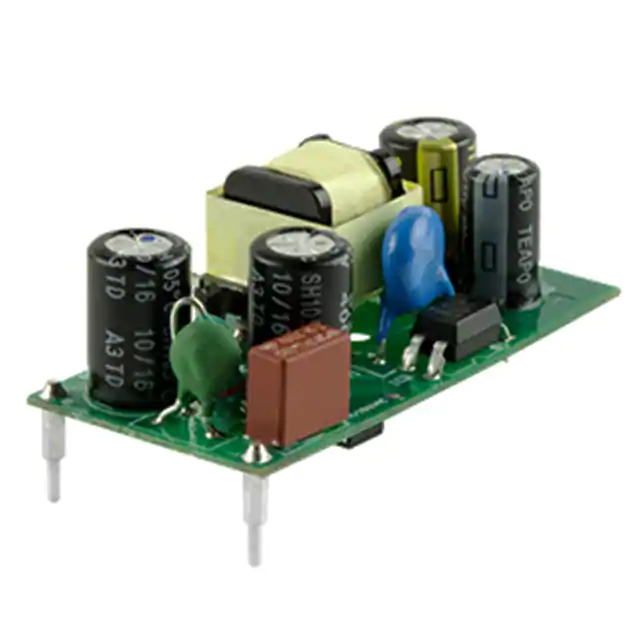 Power
Power









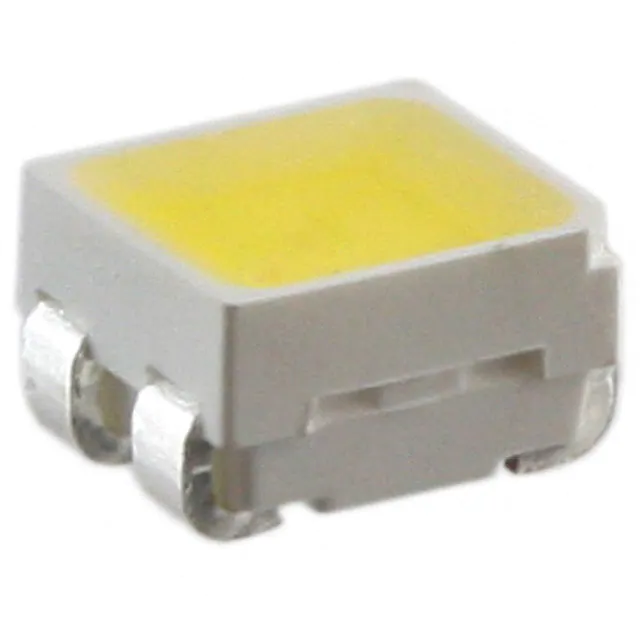 Optoelectronics
Optoelectronics








